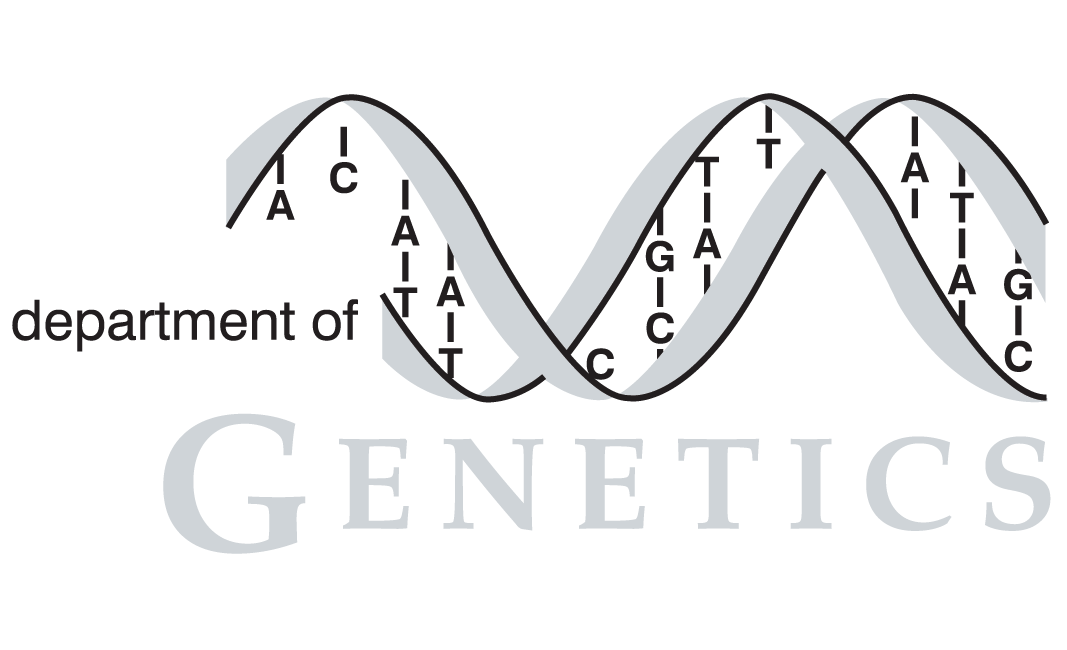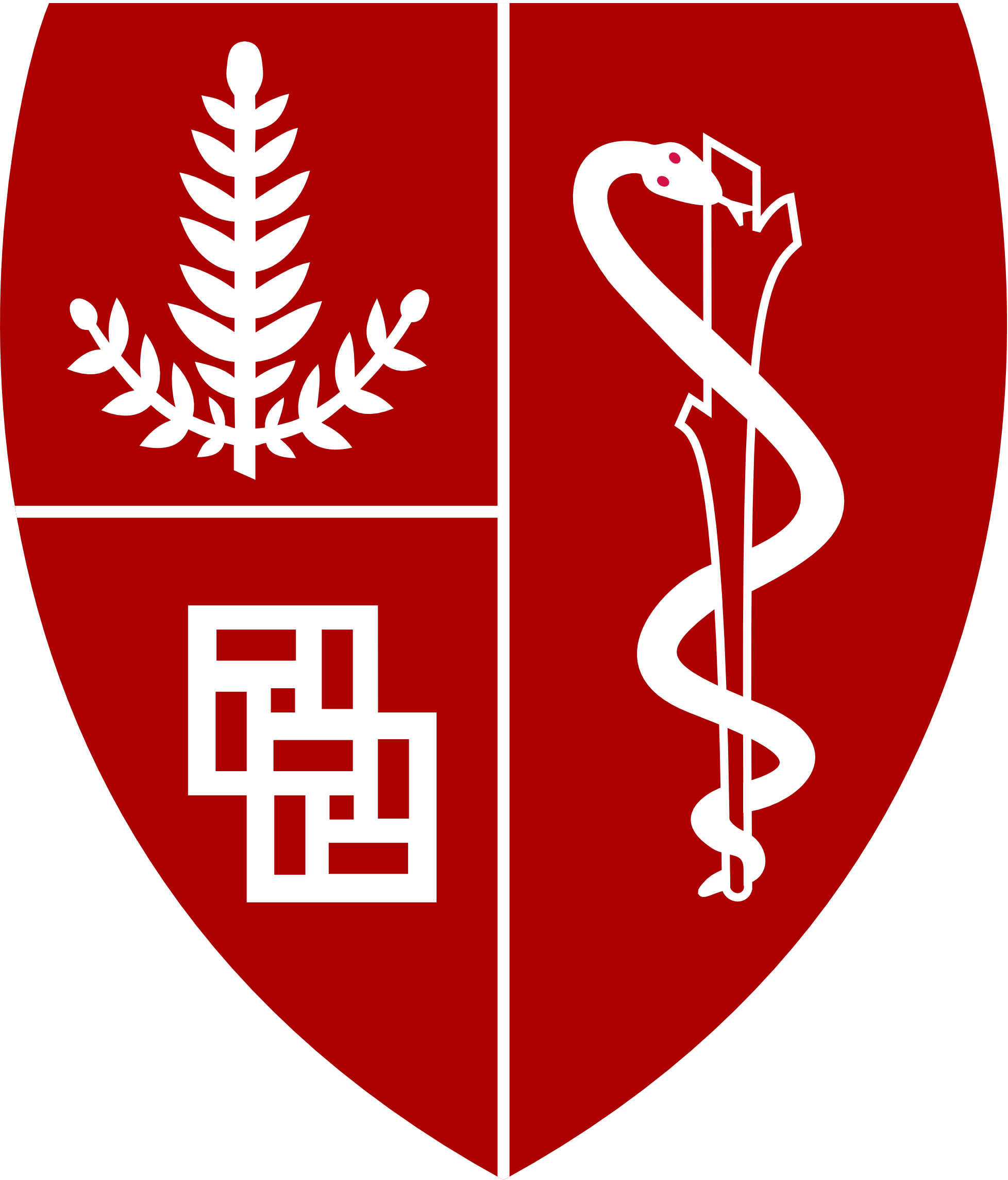| Citation | Hashikawa N, Mizukami Y, Imazu H, Sakurai H. Mutated yeast heat shock transcription factor activates transcription independently of hyperphosphorylation. The Journal of biological chemistry, 2006. |
| PubMed ID | 16361698 |
| Short Description | Mutated yeast heat shock transcription factor activates transcription independently of hyperphosphorylation. |
| # of Conditions | 4 |
Full Description

|
The homotrimeric heat shock transcription factor (HSF) binds to the heat shock element of target genes and regulates transcription in response to various stresses. The Hsf1 protein of Saccharomyces cerevisiae is extensively phosphorylated upon heat shock; a modification that is under positive regulation by its C-terminal regulatory domain (CTM). Hyperphosphorylation has been implicated in gene-specific transcriptional activation. Here, we surveyed genes whose heat shock response is reduced by a CTM mutation. The CTM is indispensable for transcription via heat shock elements bound by a single Hsf1 trimer but is dispensable for transcription via heat shock elements bound by Hsf1 trimers in a cooperative manner. Intragenic mutations located within or near the wing region of the winged helix-turn-helix DNA-binding domain suppress the temperature-sensitive growth phenotype associated with the CTM mutation and enable Hsf1 to activate transcription independently of hyperphosphorylation. Deletion of the wing partially restores the transcriptional defects of the unphosphorylated Hsf1. These results demonstrate a functional link between hyperphosphorylation and the wing region and suggest that this modification is involved in a conformational change of a single Hsf1 trimer to an active form. |
Tags
 |
Contact: sgd-helpdesk@lists.stanford.edu


